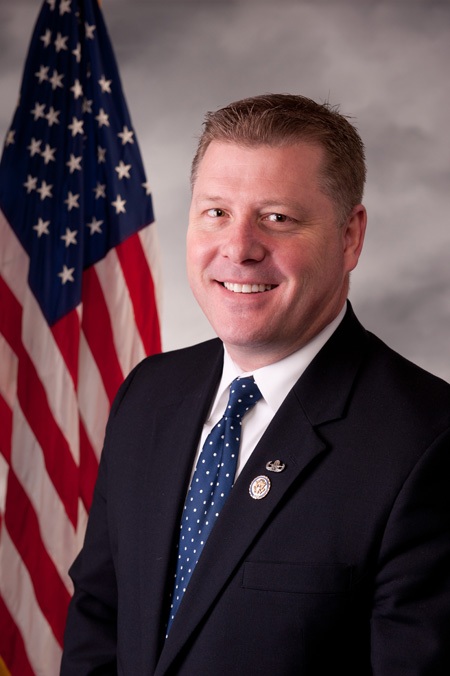Armies of people are being paid to elect Sen. Mark Pryor or Rep. Tom Cotton to the U.S. Senate – campaign workers, political consultants, pollsters, state party staff, political action committee employees, etc.
Nathan LaFrance’s wife, on the other hand, designed his logo for his website.
LaFrance, 35, a Libertarian from Bella Vista, is also running for the Senate, along with Green Party candidate Mark Swaney of Huntsville. In a recent poll by Talk Business and Hendrix College, they each polled at 2 percent.
Pryor and Cotton spend most of their waking hours trying to win the election. Their taxpayer-supported offices enable them to campaign on a nearly full-time basis when Congress is not in session.
LaFrance doesn’t campaign until he comes home from his job at the Walmart home offices in Bentonville. He spends several hours each night doing campaign legwork and searching the internet for potential supporters and speaking opportunities. He says he’s spoken less than half a dozen times, but he did speak along with other candidates before a big crowd at Ashdown a couple of weeks ago.
His message is the same as his party’s. Libertarians would cut taxes along with spending on government programs, which sounds like Republicanism, but Libertarians would reduce government much more, including spending on the military. Their less-government philosophy extends to social issues. LaFrance, unlike Cotton or Pryor, supports gay marriage. He’s hoping that issue will win him support that ordinarily would go to Democrats.
The major parties, he said, “are two peas in a pod. They may have different special interest groups that they’re catering to, but they’re both in Washington catering to those special interest groups.”
With their millions of dollars in campaign contributions, Pryor and Cotton can flood the airwaves and the internet with ads. So can the groups that support them. Half the time I click on a YouTube video, I’m greeted first by Jerry and Wanda from Marion telling me that Obamacare cost them their insurance policy. In fact, I clicked on a video before writing that sentence just to test it, and there they were.
LaFrance, meanwhile, said he has raised between $2,000 and $3,000 from friends, family and his own personal contributions. His total war chest is about what Pryor and Cotton each can raise in a single phone call, but it’s enough to start thinking about buying yard signs and bumper stickers. The list of Libertarian supporters in Arkansas is small, and if there’s a national network of big rich donors, he’s not aware of it. LaFrance pointed out that Libertarians oppose big money in politics anyway.
For a third party candidate, victory realistically would look something like what Libertarian Robert Sarvis did in the recent Virginia governor’s race. On Election Day, he collected 6.5 percent of the vote, but he polled above 10 percent during the race and raised enough money to run television ads.
But LaFrance isn’t hoping for 6.5 percent. He says if he can increase his campaign war chest past $5,000 and can start polling at 5 percent, interest would increase in his campaign, maybe causing a snowball effect.
“I entered this race knowing that it would be a statistical long shot to win,” he said, “but I’ve entered it with the goal of winning, and that’s still my goal. … My goal is to win, and if I don’t achieve that goal, it’s going to be a disappointment.”
It’s a really long shot, but at least voters will have choices in the Senate race. There are four names on the ballot, not two.
